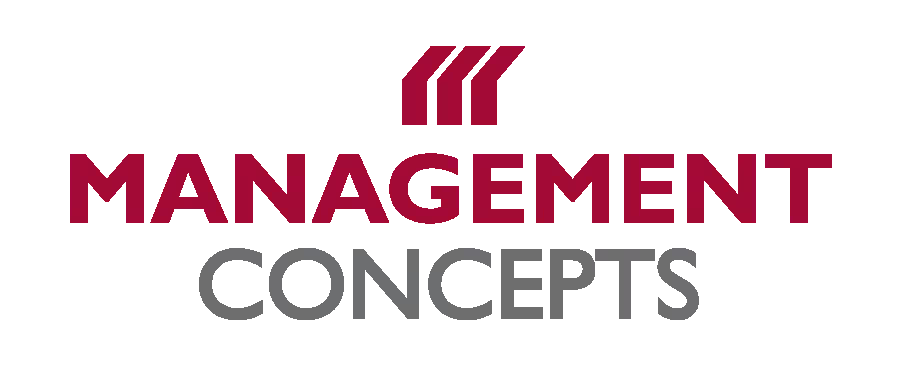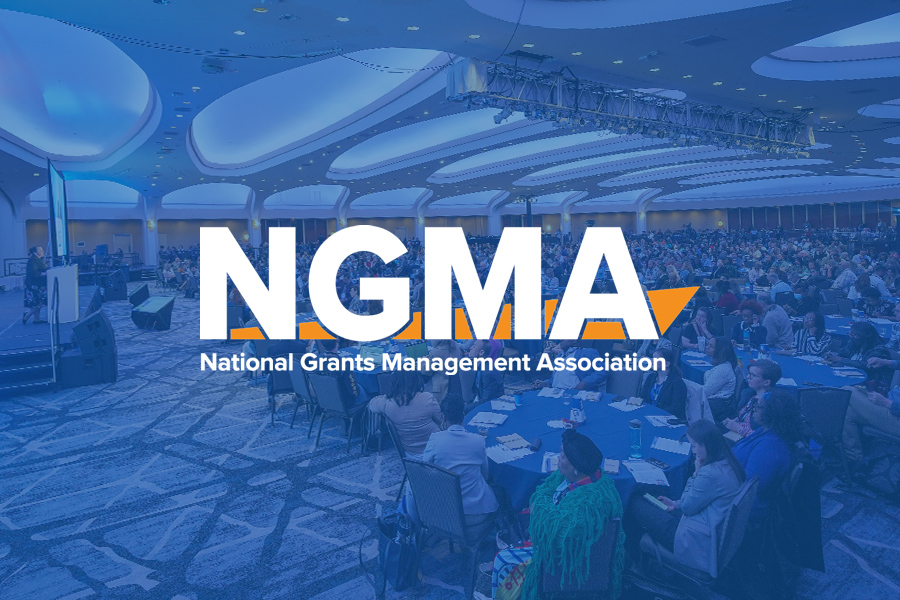
We experience conflict in our workplaces, in our communities, and our institutions. While conflict is inevitable, it is not irreparable. How do effective leaders approach conflict? How can we ensure that our conflicts are civil?
The leaders who have personally experienced conflict tend to be more comfortable addressing conflict than others. Observing parents or caregivers engage in arguments that eventually resulted in greater understanding, and trust seems to precede an aptitude for successful conflict resolution.
Leaders who have experienced shouting, name-calling, and resentment in their personal lives typically have to work harder to understand how to best address conflict resolution with confidence.
To be effective, leaders need to understand that serious, respectful disagreements are part of normal communication and that all participants must seek to understand. They have seen how listening stimulates creative problem-solving skills and collective genius within teams. When they see trouble brewing, they are quick to confront it before issues have time to fester. Conflict is not about winning; it is about learning.
Successful Conflict Resolution
The communication model, “Compassionate Communication,” developed by neuroscientist Andrew Newberg, M.D. and Mark Waldman, has proven to be extremely effective in resolving conflicts. In brief, it recommends that participants:
Speak briefly. Do you know that the brain can hold only about ten words in working memory (i.e., your current state of consciousness)? Considering that most Americans speak for two minutes before pausing, the listener may only remember one-tenth of what was said. To encourage clarity, insist that participants state their issues and responses in ten words or less. Watch how the tone of the conversation, the word choice, and the quality of listening changes.
Speak slowly. The best key-note speakers use this technique to catch the audience’s attention and emphasize a point. The same is true when tempers flare. Varying your cadence by shifting to a slower pace at critical moments helps lower the temperature of emotions.
Speak warmly. Even in conflict, a warm tone of voice can engender trust and cooperation. Why? We unconsciously mirror the neural activity of the speaker’s brain. This process, known as neural resonance, allows us to more fully understand and more accurately assess the information that is being imparted.
Listen deeply… And without judgment for understanding. This foundation can help resolve even the most seemingly intractable arguments.
These techniques take practice. However, if we want to live in a more peaceful, joyful world, where work environments encourage cooperation, collaboration, and creative thought divergence, it will be worth the effort.
Train Your Brain
Try training your brain to think in 10-word sentences by playing this adapted version of the 10-10 Game. Ask a friend, family member, or colleague to join you and follow these steps:
- Sit comfortably. Take a deep breath. Relax.
- Hold your hands in front of you, making a fist. With each word you speak, raise one finger. When you’ve used all ten fingers, you must stop talking and listen to the other person’s ten-word response.
- After listening to the other person’s ten-word response, respond only to what they said. Don’t go off-topic.
- Keep going until you reach a point of understanding or the issue has been resolved.
You will end conflicts at home before they begin because there will not be any room for emotional derailment. The 10-10 Game is fun and simple. And, it forces your brain to find the best words to convey what you mean rapidly. It creates the ideal conditions for resolving conflict with respect for everyone involved.
Linda Cassell, M.Ed, CPCC, is an independent certified neuro leadership coach at Management Concepts and president of Quantum Leap Coaching and Training, LLC. An expert in leadership development, crisis management, and culture transformation, Linda works with executives in the commercial, non-profit, and public sectors. She holds a Bachelor of Science and Master’s degrees in Education from Kent State University and is a graduate of the Coaches Training Institute. Linda also holds a Neuro Leadership Coach certification from the Mark Waldman program.

